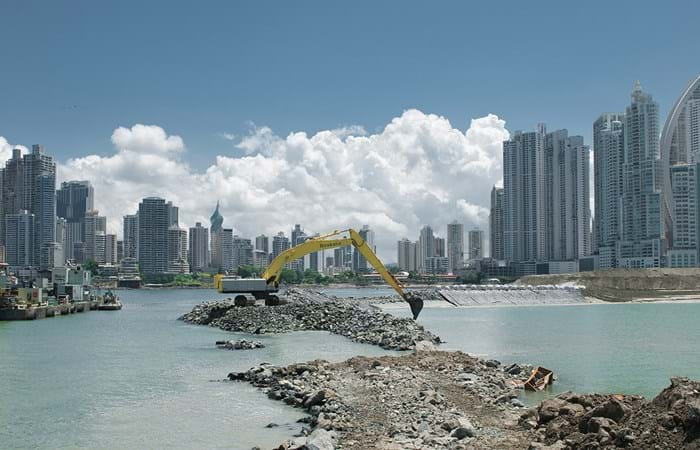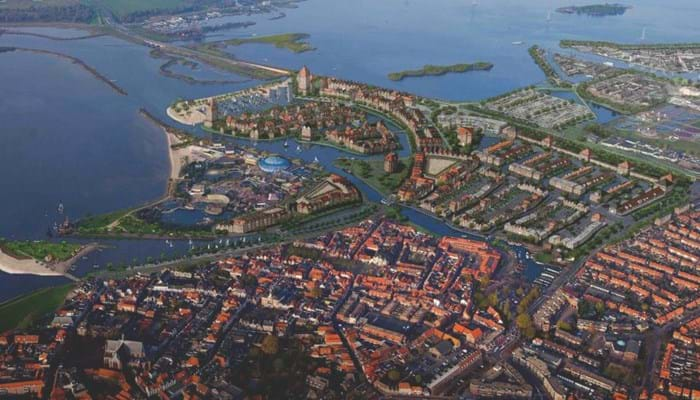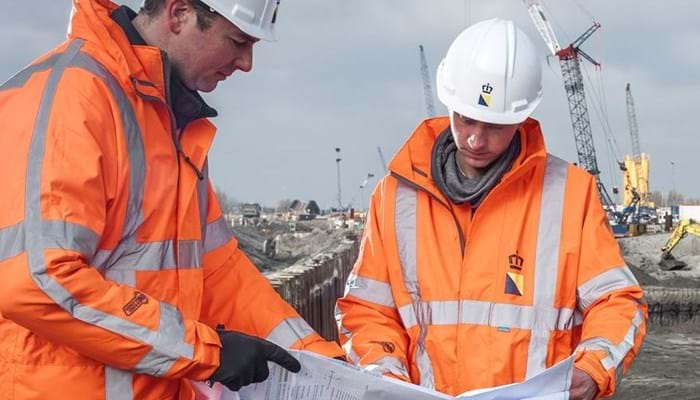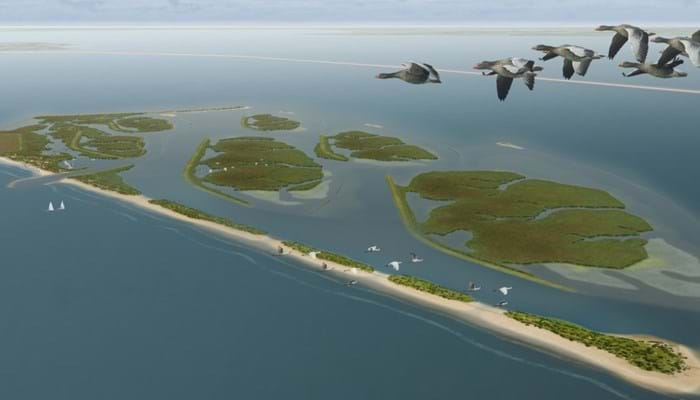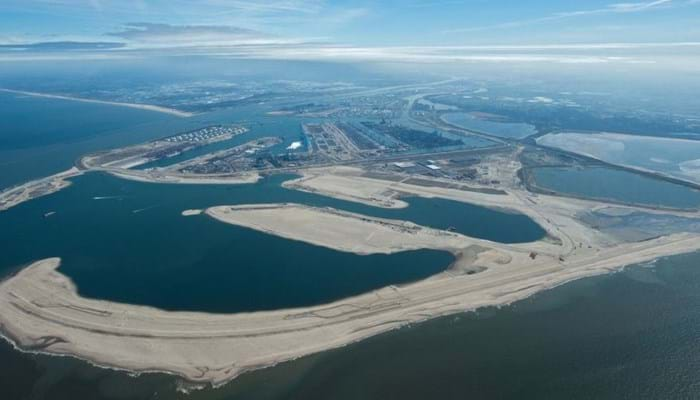Population growth is putting pressure on urban areas. Land reclamation has become an effective solution to create additional space in coastal areas where space is particularly limited. Boskalis provides a range of infrastructure solutions from land reclamation and remediation of contaminated soil, to the construction of inland ports and waterways, roads and railways, tunnels and bridges. We are also a leading player in coastal protection, which is growing in importance as a result of climate change, sea-level rise and more extreme weather events.
